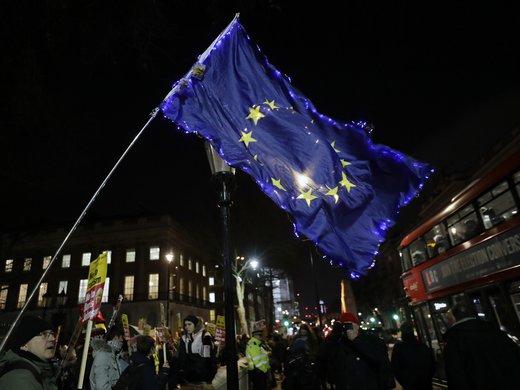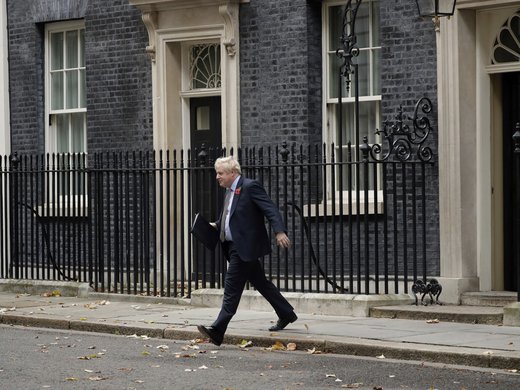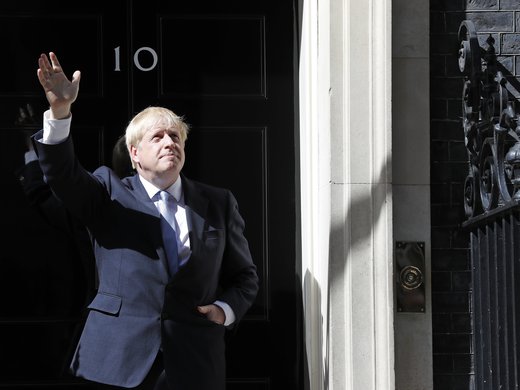This paper examines the various options for a new economic relationship that appears to be available at the time of opening negotiations between the European Union and the United Kingdom. Canada’s concerns with respect to an eventual Brexit are considered, as well as the political and economic considerations motivating the European Union and the United Kingdom. This paper argues that the United Kingdom has so far proposed largely constitutional options, but neglected the economic dimensions of the issues posed by Brexit. Various existing models are reviewed. In conclusion, the author argues that if the United Kingdom has no options beyond the free trade model, it would do the rest of Europe and North America a great service by negotiating an Atlantic free trade area.


